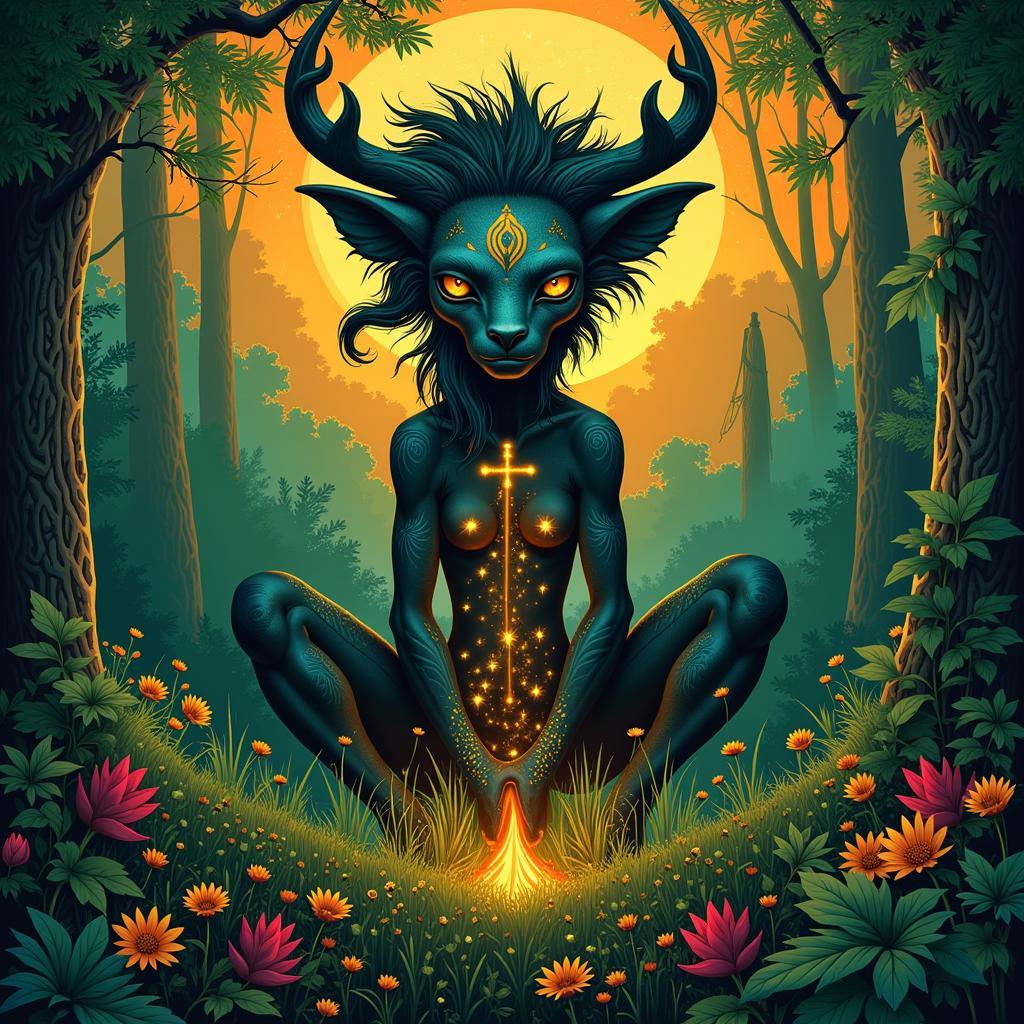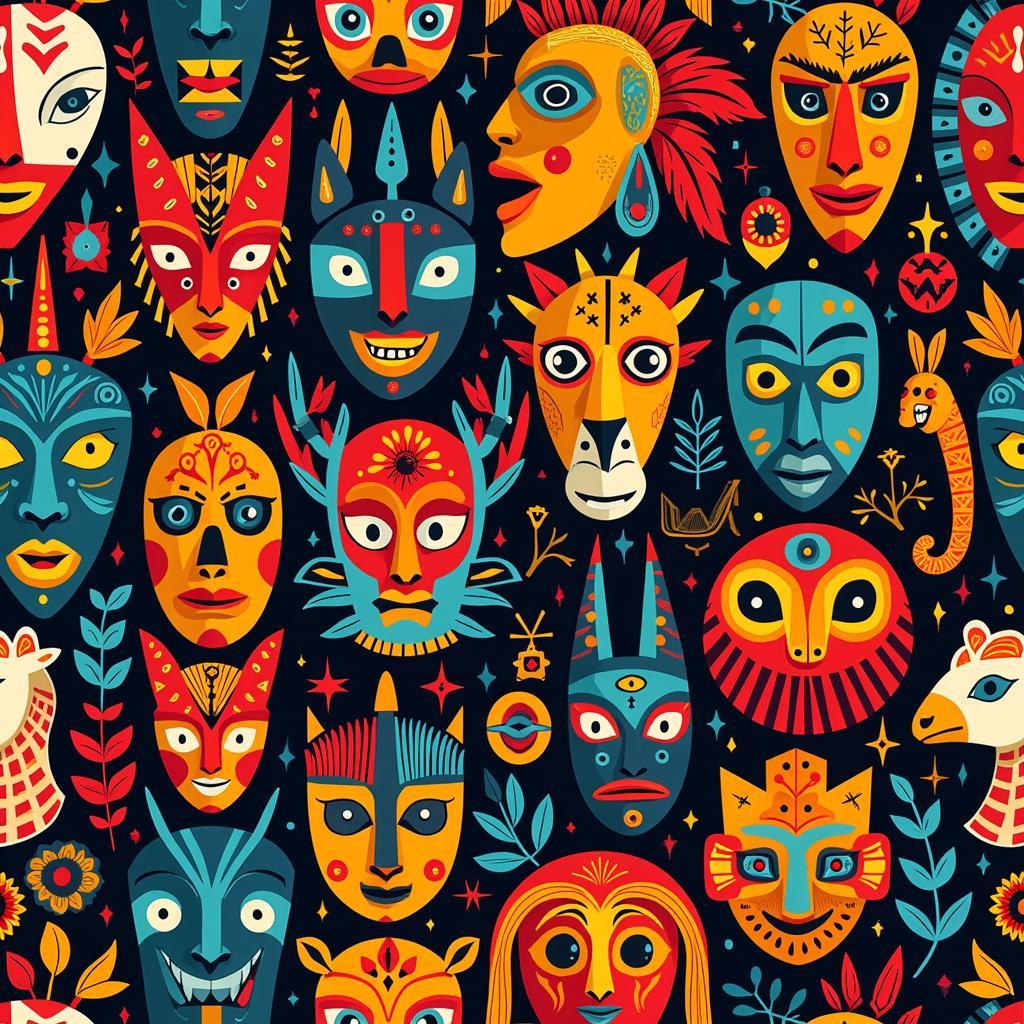The Language of African Literature: A Summary
The vast and diverse continent of Africa is home to a rich literary tradition, with a history spanning centuries and encompassing a multitude of languages and genres. African literature is a vibrant tapestry woven from the threads of history, culture, and the human experience, offering a unique and profound lens through which to understand the complexities of this continent. This article explores the “language” of African literature, delving into its key features, diverse expressions, and enduring impact on global literary discourse.
Key Features of African Literature
African literature, like the continent itself, is characterized by its incredible diversity. However, certain features stand out as defining elements:
- Oral Traditions: The rich oral traditions of Africa have deeply shaped the literary landscape. Storytelling, poetry, proverbs, and songs have been passed down through generations, forming the foundation of many written works.
- Colonial Influences: The colonial era left an undeniable mark on African literature. Writers grappled with themes of oppression, resistance, and the search for identity, leading to the emergence of anti-colonial narratives and critiques of Western dominance.
- Postcolonial Voices: Following independence, a new wave of African writers emerged, exploring themes of nation-building, cultural revival, and the complexities of post-colonial societies.
- The Power of Language: African literature transcends language barriers, showcasing the beauty and power of various indigenous languages. Writers often utilize their native tongues to express cultural nuances and connect with a broader audience.
Diverse Expressions of African Literature
The diversity of African literature is further reflected in its genres and themes:
- Novels: From Chinua Achebe’s “Things Fall Apart” to Ngugi wa Thiong’o’s “A Grain of Wheat,” African novels have explored the social, political, and historical realities of the continent.
- Poetry: African poetry is a vibrant and diverse genre, showcasing a range of styles, from traditional oral forms to contemporary expressions.
- Drama: African playwrights have contributed significantly to the global theatrical landscape, addressing social issues, exploring cultural identity, and challenging traditional narratives.
- Short Stories: African short stories are characterized by their brevity, sharp observations, and insightful exploration of human nature.
The Enduring Impact of African Literature
African literature has had a profound impact on global literary discourse, enriching our understanding of diverse cultures and experiences. It has:
- Challenged Western Literary Canon: African literature has challenged the Eurocentric bias in the literary canon, highlighting the need for inclusivity and representation.
- Amplified African Voices: African writers have used their platform to amplify the voices of the marginalized, raising awareness about issues of social justice, equality, and human rights.
- Inspired Global Dialogues: African literature has fostered cross-cultural dialogues, inspiring discussions on themes of identity, colonialism, and the human condition.
The Language of African Literature: A Summary
African literature, with its rich tapestry of languages, genres, and themes, offers a unique and profound perspective on the human experience. It challenges us to see the world through a different lens, embracing the diversity of voices and cultures that make up our world. By exploring this literary landscape, we can gain a deeper understanding of Africa’s complex history, vibrant culture, and enduring spirit.
FAQ
1. What are some famous African writers?
Some famous African writers include Chinua Achebe, Ngugi wa Thiong’o, Wole Soyinka, Ama Ata Aidoo, and Bessie Head.
2. What are some popular themes in African literature?
Popular themes include colonialism, postcolonialism, identity, cultural conflict, social justice, and the search for meaning.
3. How can I learn more about African literature?
You can explore online resources, visit libraries, attend literary events, and join book clubs dedicated to African literature.
4. Why is it important to study African literature?
It expands our understanding of diverse cultures and experiences, challenges Eurocentric biases, and promotes cross-cultural dialogues.
5. What are some resources for finding African literature?
Several online platforms and publishers specialize in African literature, including Africa Writes, Pan Macmillan, and Penguin Random House.
6. What are some ways to support African writers?
You can purchase their books, attend their readings, share their work online, and recommend them to others.


